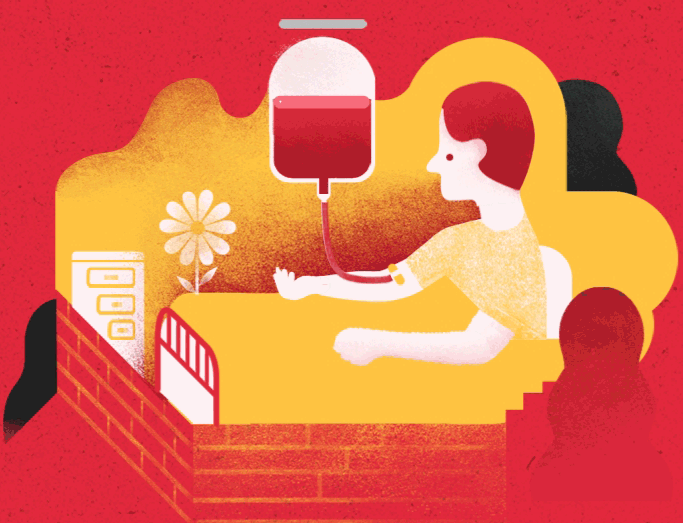1 Patient care
Core value statement: Through safe and sustainable supply of blood components, EBA members contribute to the patient’s care.
Explanation: Patient care is the ultimate goal of transfusion medicine: safe and adequate blood supply contributes to a well-functioning professional healthcare system. All actions that EBA members take, should therefore as a first priority aim to improve patient’s care.






